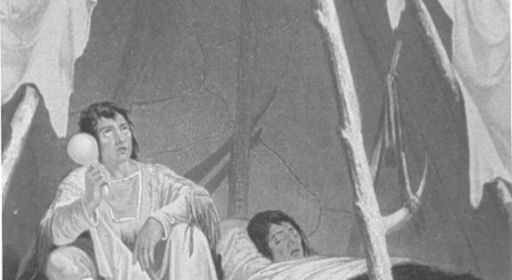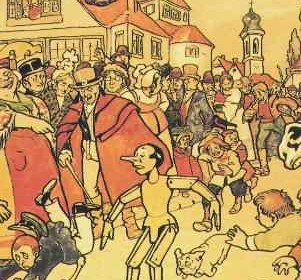How the Sun Burns Your Skin and How Sunscreen Prevents This

Our resident medical expert, Scott, and a buddy of his recently started The Medicine Journal, where you can learn all sorts of interesting facts about all things medical related. Below is a sample article from their site. Every summer we slather layers of sunscreen with the highest SPF we can find, and bravely venture outside hoping our slimy cloak will […]
Read more
















